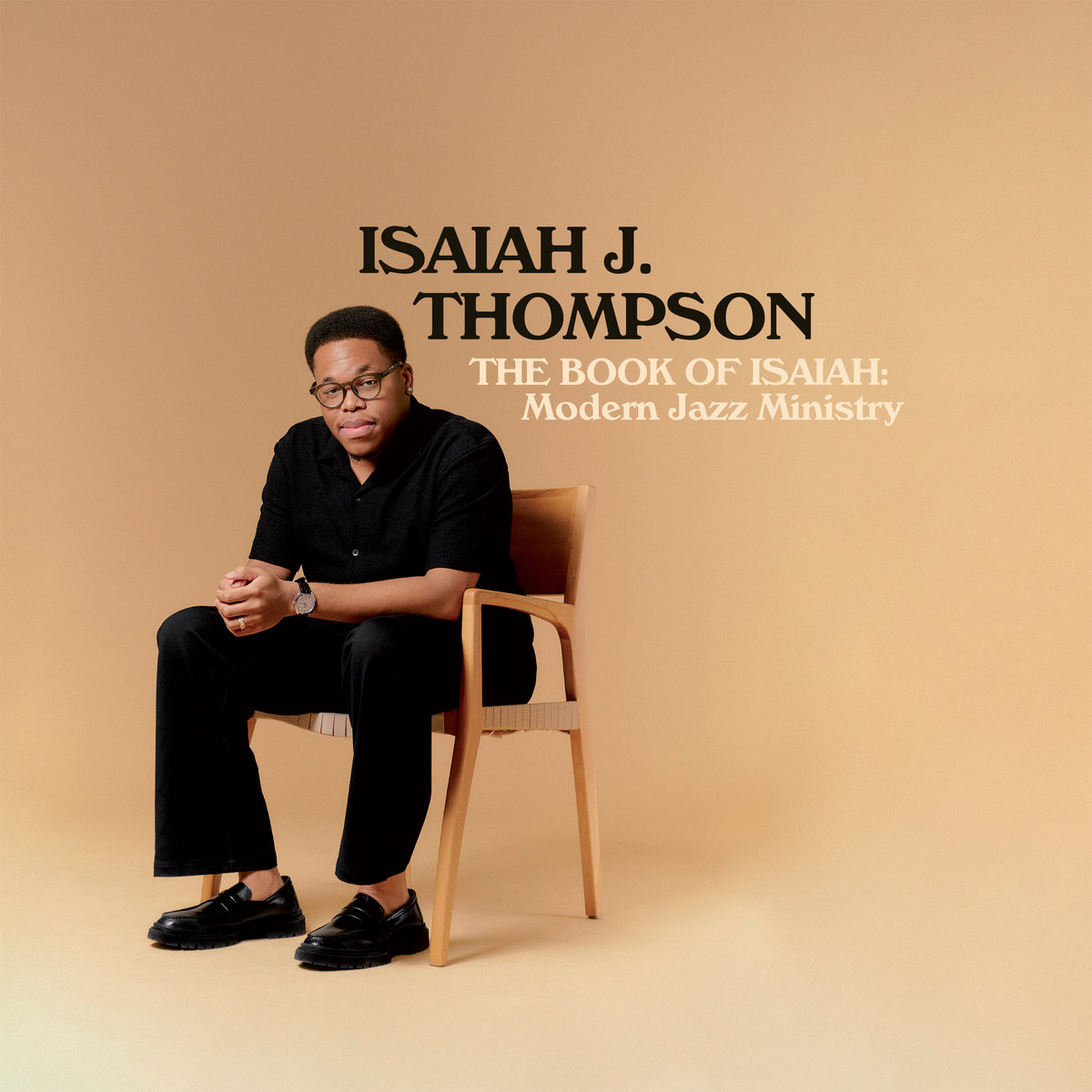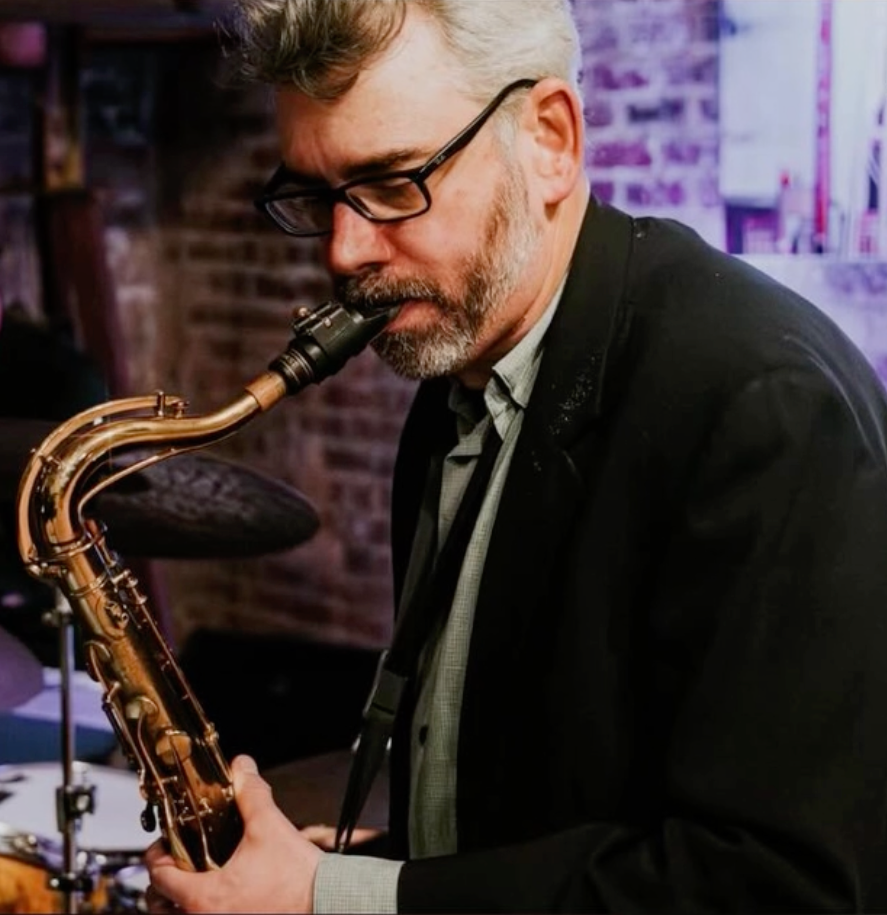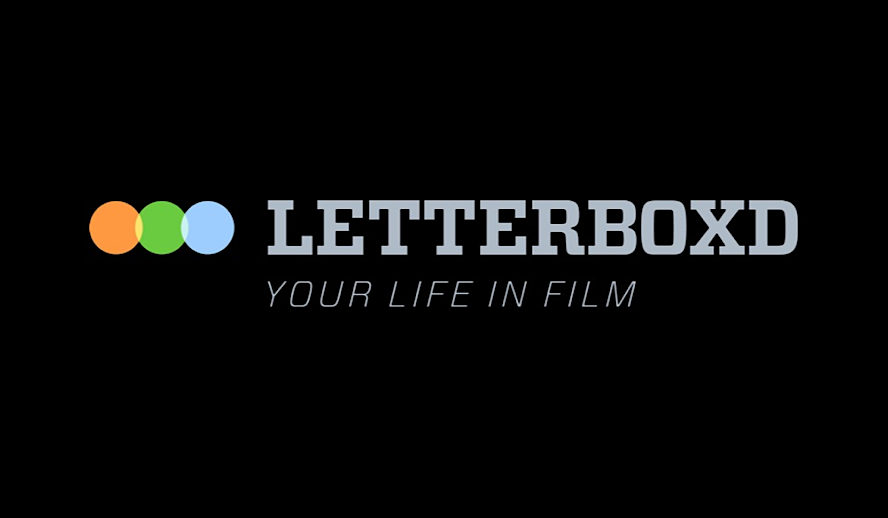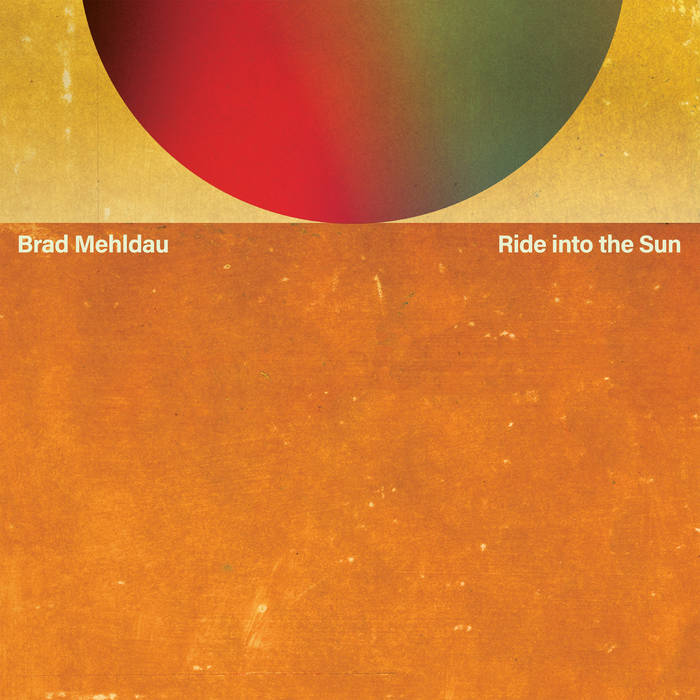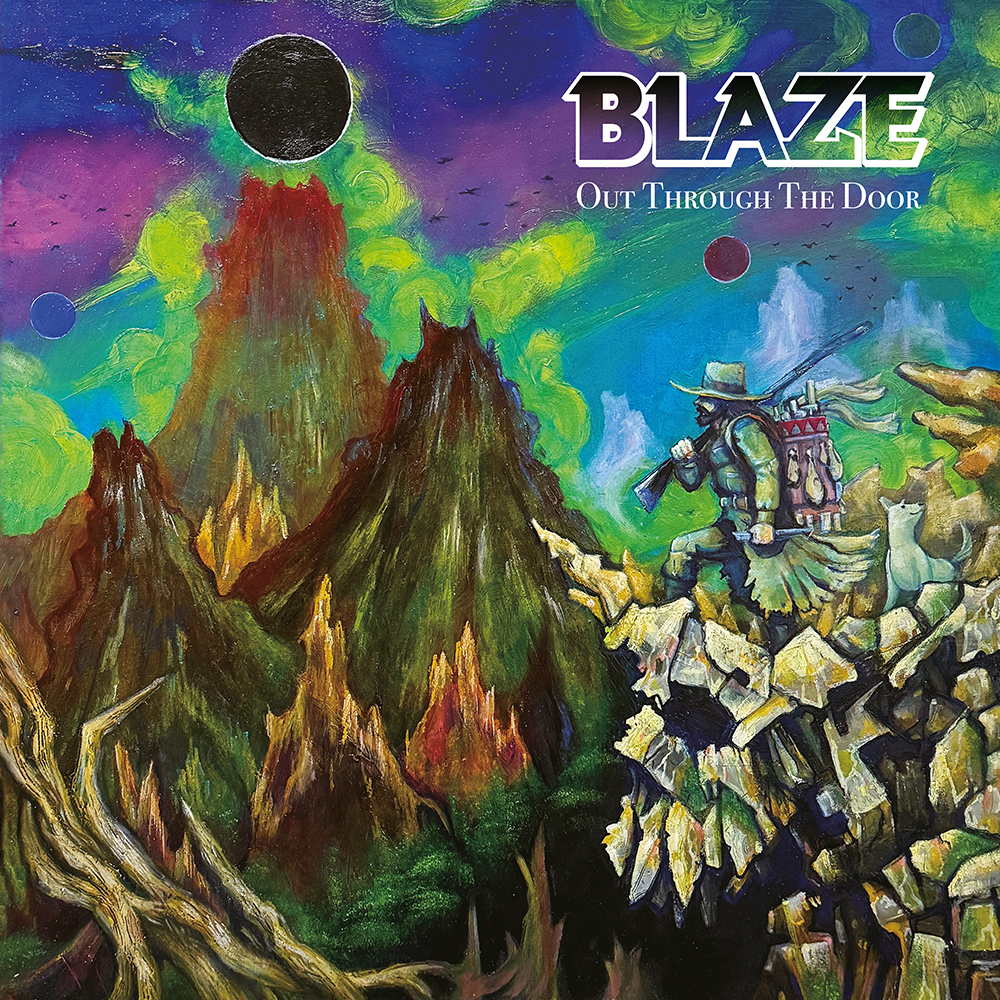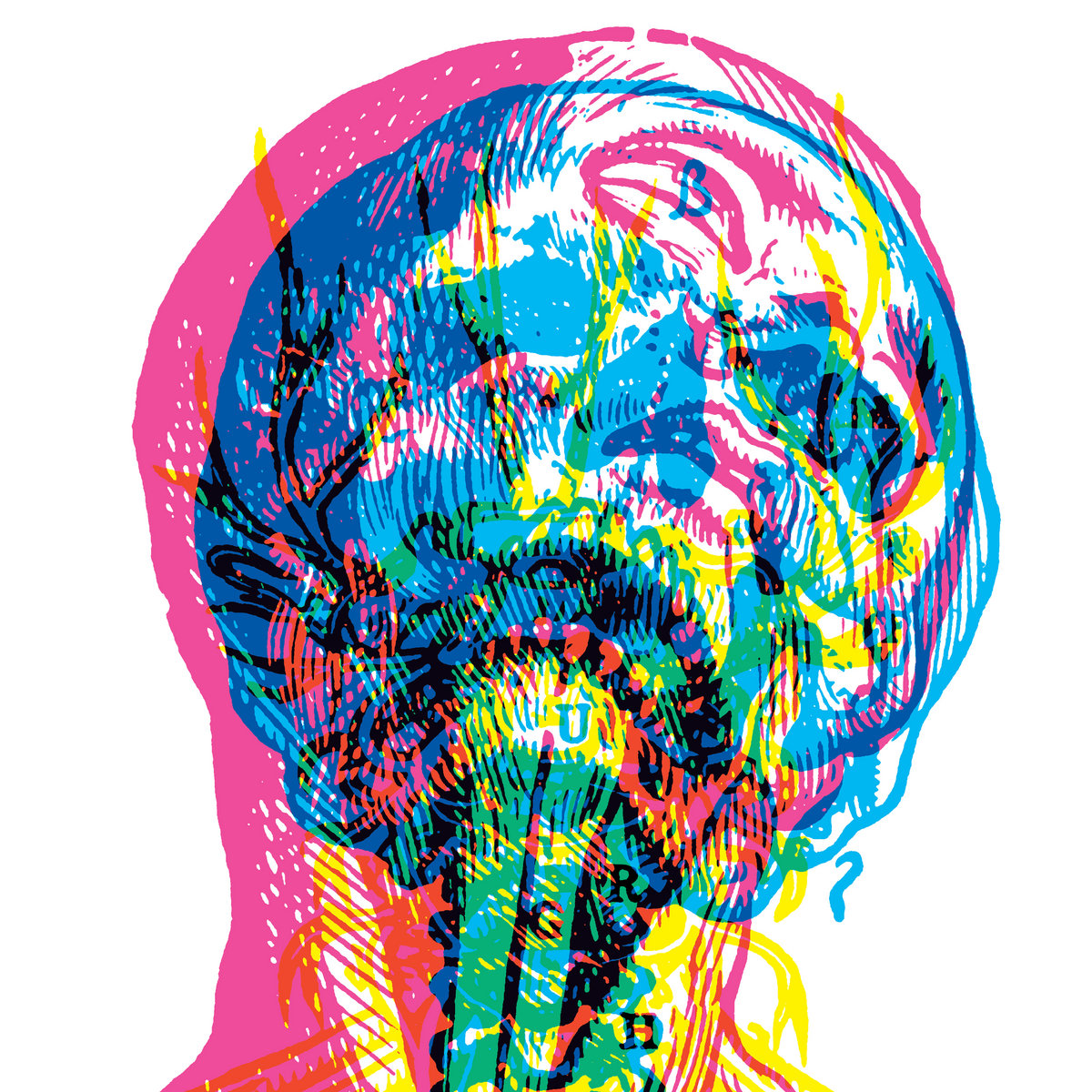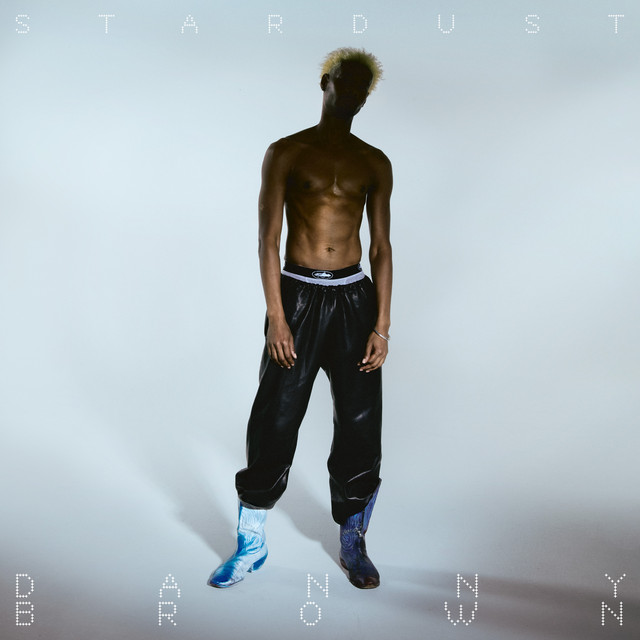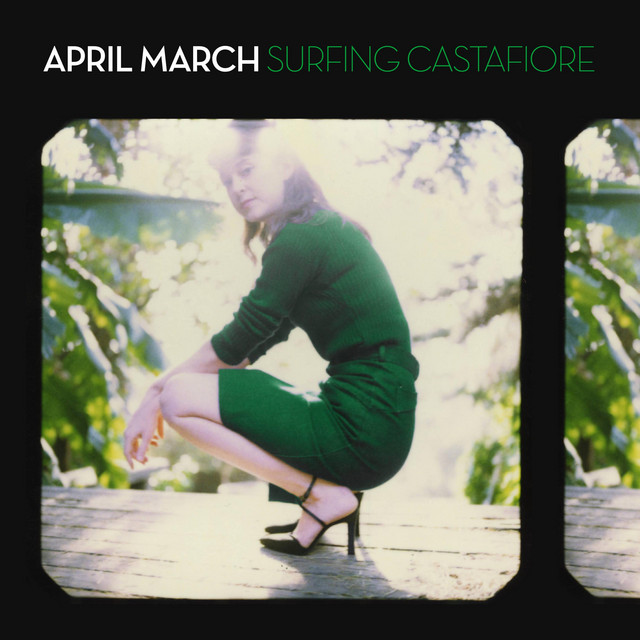There’s been a rapid explosion in the number of apps claiming to show user data in the name of taste-sharing. Letterboxd and Last.fm are early examples, releasing in the early 2010s and becoming digital diaries for users to log their media consumption. In the world of music, Last.fm dominates data-sharing. Airbuds has become a recent hit because of its social elements, such as emoji reactions and direct messaging, but Last.fm remains the most popular. As someone interested in music trends and online spaces, I’m curious about why there has been such a push for apps whose sole purpose appears to be data collection rather than actually giving users the media they’re tracking.
Sharing listening or film-watching data becomes a way of stating one’s tastes and even one’s identities. What does it say culturally when data, a profitable resource extracted from people like us, has become a way in which friendships and identities are legitimized? Even with the veneer of connection through the availability of sharing features on these apps, what makes users want to share this much so freely?

